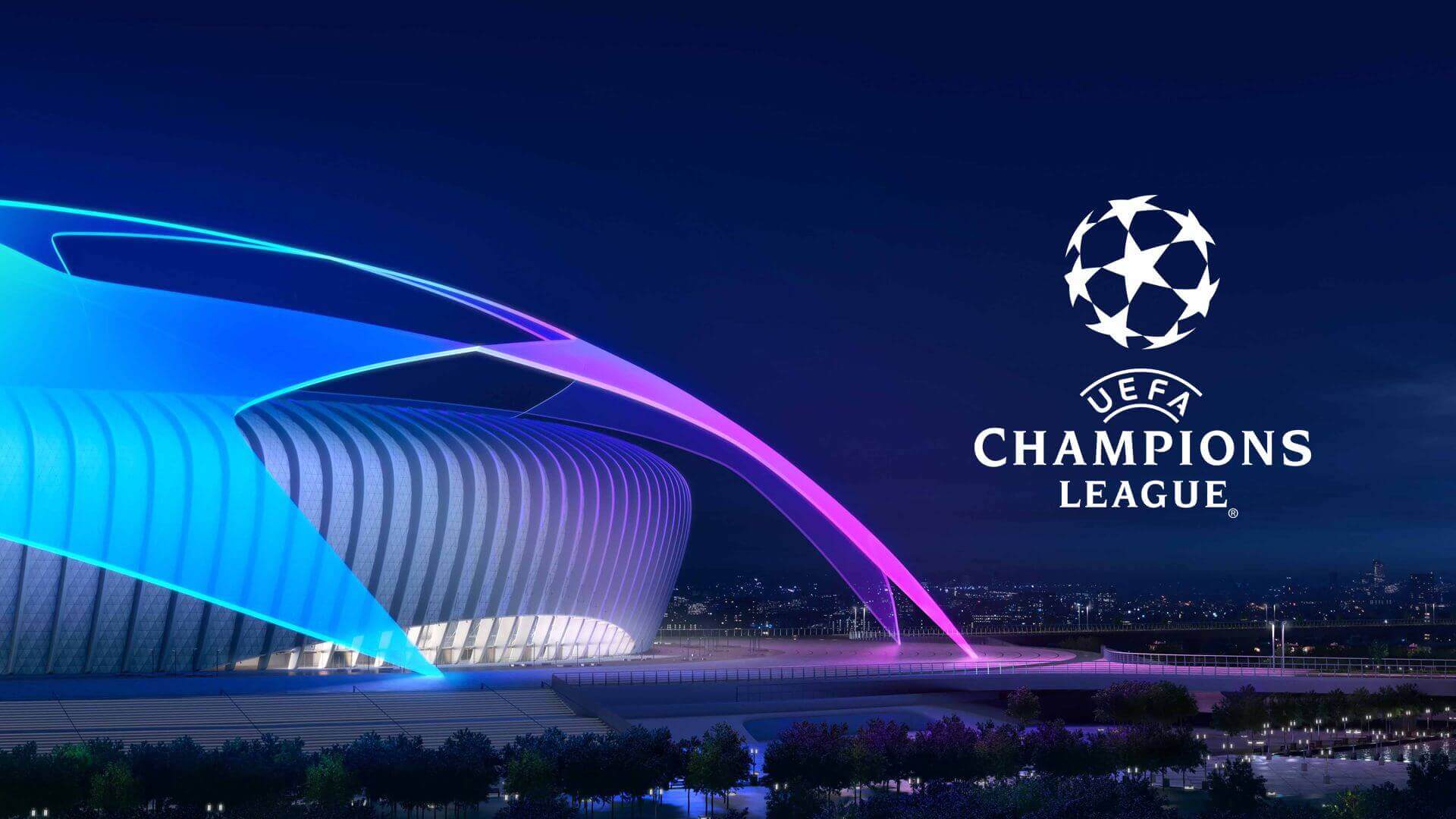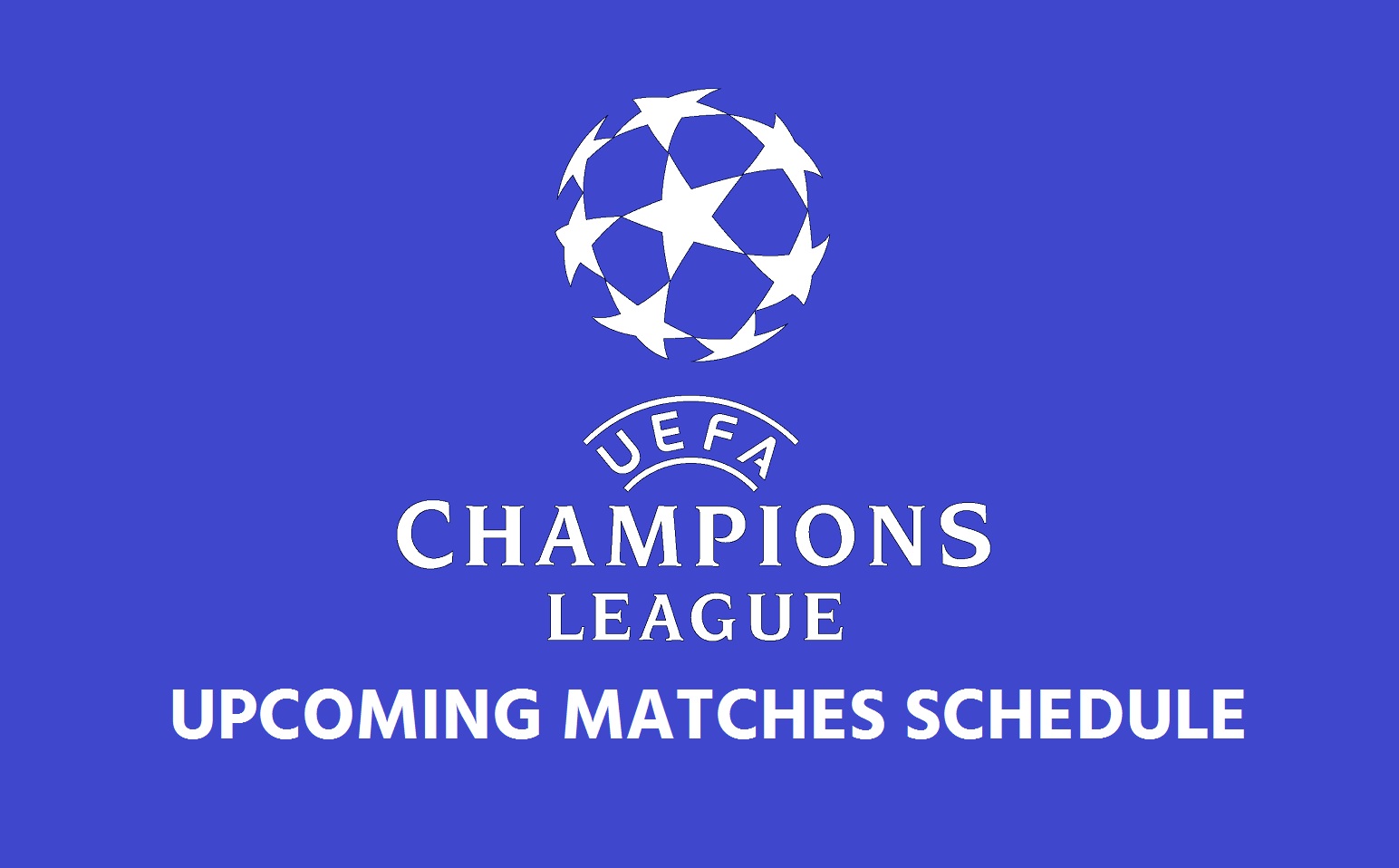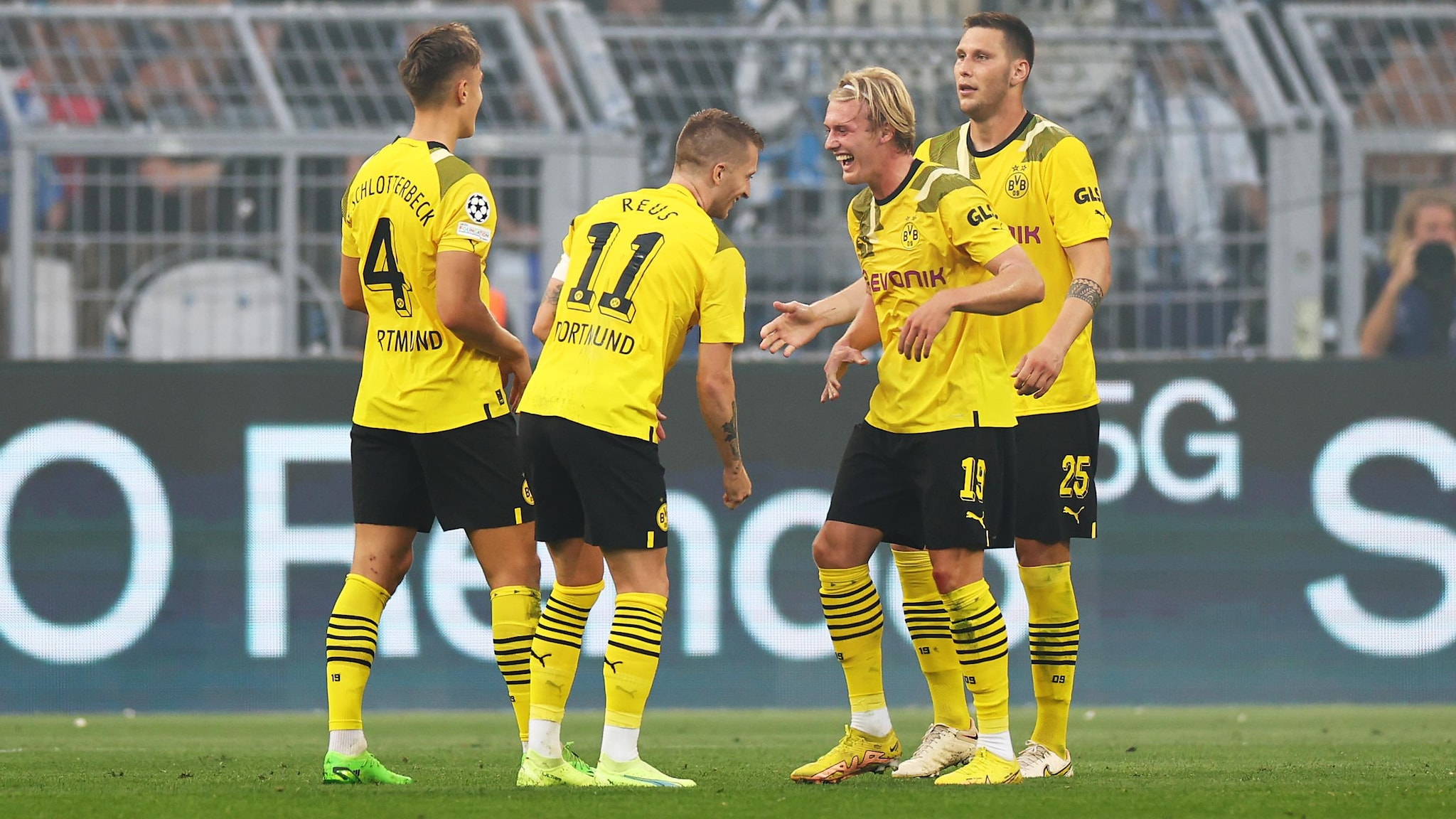**You know that feeling when the Champions League anthem starts playing? The hair on the back of your neck stands up, your heart races, and suddenly you're transported into a world where anything can happen. Welcome to the UEFA Champions League, the ultimate battleground for football greatness. It's not just a tournament; it's an experience, a tradition, and a spectacle that brings millions of fans together from all corners of the globe. Whether you're a lifelong supporter or a newcomer to the beautiful game, this article will take you behind the scenes of what makes the UEFA Champions League so special. So grab your favorite snack, sit back, and let’s dive into the magic together!**
Every season, the UEFA Champions League becomes a topic of conversation worldwide. Fans gather in bars, homes, and stadiums to witness the best teams and players compete for glory. It’s more than just football—it’s a celebration of passion, skill, and teamwork. From the group stages to the final showdown, every match is packed with drama, suspense, and moments that live forever in football folklore.
But why exactly does the UEFA Champions League hold such a unique place in the hearts of football fans? Is it the prestige, the quality of play, or the sheer unpredictability of each game? Let’s find out as we explore the excitement, history, and everything in between that makes this tournament one of the most prestigious events in sports.
Table of Contents
The Rich History of UEFA Champions League
Top Teams in the UEFA Champions League
Iconic Players Who Shaped the Tournament
Unforgettable Moments in UEFA Champions League History
Tactical Insights and Strategies in Champions League Matches
The Fan Experience: What Makes It Special?
Economic Impact of UEFA Champions League
Media Coverage and Global Reach
The Future of UEFA Champions League
Conclusion: Why the Champions League Stands Out
The Rich History of UEFA Champions League
The UEFA Champions League didn’t just pop up overnight; it has a storied past that dates back to 1955. Originally known as the European Cup, the tournament underwent a rebranding in 1992 to become the UEFA Champions League we know today. This transformation wasn’t just about a name change—it was about expanding the format, increasing the number of participating teams, and creating a more competitive structure.
From European Cup to UEFA Champions League
In the early days, only the champions of domestic leagues could participate in the European Cup. As the years went by, the competition evolved, allowing runners-up and even third-place teams to join the fray. This expansion meant more matches, more excitement, and more opportunities for underdog stories to emerge. The introduction of the group stage added another layer of complexity and intrigue, making every game count from the very first whistle.
Today, the UEFA Champions League is a global phenomenon. With billions of viewers tuning in annually, it’s no wonder why clubs and players dream of lifting the coveted trophy. But the journey hasn’t always been smooth—there have been controversies, rule changes, and moments that tested the very fabric of the tournament. Yet through it all, the Champions League has remained a beacon of excellence in the world of football.
Top Teams in the UEFA Champions League
When it comes to the UEFA Champions League, certain teams stand head and shoulders above the rest. These aren’t just any clubs—they’re powerhouses with a legacy that stretches across decades. Let’s take a look at some of the most successful teams in the tournament’s history.
- Real Madrid: The kings of Europe, Real Madrid boasts a record 14 Champions League titles. Their dominance is unmatched, and their roster has featured some of the greatest players in history.
- AC Milan: Known for their tactical brilliance and defensive solidity, AC Milan has claimed the title seven times. They may have faced ups and downs in recent years, but their legacy remains intact.
- Bayern Munich: The German giants have six Champions League trophies to their name. With a mix of homegrown talent and world-class signings, Bayern continues to be a force to reckon with.
Rising Stars in the Competition
While established teams like Real Madrid and Bayern Munich dominate headlines, there’s always room for new contenders. Clubs like Liverpool, Chelsea, and Manchester City have risen to prominence in recent years, challenging the traditional order. The beauty of the Champions League lies in its ability to constantly evolve, giving lesser-known teams a platform to showcase their talent.
Iconic Players Who Shaped the Tournament
No discussion about the UEFA Champions League would be complete without mentioning the players who made it unforgettable. These athletes aren’t just skilled on the pitch—they’re legends who transcended the game itself.
Cristiano Ronaldo: The King of Goals
With a staggering 140 goals in the Champions League, Cristiano Ronaldo holds the record for most goals scored in the tournament. His consistency, work ethic, and sheer determination have set him apart from the rest. From his days at Manchester United to his glory years at Real Madrid, Ronaldo has been synonymous with success in Europe’s premier club competition.
Lionel Messi: The Maestro of Magic
Another name that needs no introduction, Lionel Messi has etched his name into the annals of Champions League history. His dribbling prowess, vision, and ability to score breathtaking goals have made him a fan favorite worldwide. Despite Barcelona’s decline in recent years, Messi’s contributions to the tournament remain unparalleled.
Unforgettable Moments in UEFA Champions League History
Some moments in the UEFA Champions League are so iconic that they’re etched into the memories of fans forever. Whether it’s a last-minute goal, a stunning comeback, or an improbable victory, these instances define the tournament’s allure.
The Miracle of Istanbul
No list of memorable moments would be complete without mentioning Liverpool’s miraculous comeback against AC Milan in 2005. Down 3-0 at halftime, the Reds fought back with three goals in six minutes, eventually winning the final on penalties. It’s a reminder that in football, anything is possible.
Ramos’ 93rd-Minute Equalizer
In the 2014 Champions League final, Sergio Ramos scored a header in the dying moments of the match to level the score for Real Madrid against Atletico Madrid. The game went to extra time, where Real went on to win 4-1, securing their tenth title in style.
Tactical Insights and Strategies in Champions League Matches
Behind every great performance lies a well-thought-out strategy. Coaches spend countless hours analyzing opponents, devising plans, and tweaking formations to gain an edge. Here are some of the most effective tactics used in the UEFA Champions League.
The Importance of Pressing
Teams like Liverpool and Bayern Munich have mastered the art of pressing, applying relentless pressure to their opponents and forcing mistakes. This high-intensity approach requires immense fitness and discipline but can yield spectacular results.
Counter-Attacking Football
For teams that prefer a more defensive setup, counter-attacking football can be incredibly effective. By sitting deep and waiting for the right moment to strike, clubs like Atletico Madrid and Porto have managed to upset stronger opponents in the past.
The Fan Experience: What Makes It Special?
For fans, attending a UEFA Champions League match is an experience like no other. From the pre-game buildup to the post-match celebrations, every moment is filled with excitement and emotion. But what exactly makes the fan experience so special?
The Atmosphere in the Stadium
Walking into a packed stadium on a Champions League night is an exhilarating experience. The roar of the crowd, the vibrant colors of the flags, and the energy in the air create an atmosphere that’s hard to replicate elsewhere. It’s not just about watching a game—it’s about being part of something bigger.
Economic Impact of UEFA Champions League
Beyond the glitz and glamour, the UEFA Champions League has a significant economic impact. Clubs, broadcasters, and sponsors all benefit from the tournament’s massive reach and popularity.
Revenue Generation for Clubs
Participating in the Champions League means access to substantial financial rewards. Prize money, broadcasting rights, and commercial partnerships contribute to a club’s bottom line, enabling them to invest in better infrastructure and talent acquisition.
Media Coverage and Global Reach
The UEFA Champions League enjoys unparalleled media coverage, reaching audiences in virtually every corner of the world. Broadcasters, journalists, and social media platforms all play a role in amplifying the tournament’s reach.
Social Media’s Role in Engagement
Platforms like Twitter, Instagram, and TikTok have become essential tools for engaging with fans. From live updates to behind-the-scenes content, these channels provide fans with a more personal connection to the teams and players they love.
The Future of UEFA Champions League
As the world of football continues to evolve, so too will the UEFA Champions League. Expansion plans, new formats, and technological advancements promise to keep the tournament fresh and exciting for years to come.
Conclusion: Why the Champions League Stands Out
From its rich history to its iconic moments, the UEFA Champions League is more than just a football tournament—it’s a cultural phenomenon. It brings together the best teams, players, and fans in a celebration of passion and excellence. So the next time you hear that iconic anthem, remember why it stirs your soul and why millions of people around the world share in its magic.
Now it’s your turn! Leave a comment below sharing your favorite Champions League memory or drop us a line on social media. And if you enjoyed this article, don’t forget to check out our other content for more football insights and analysis. Until next time, keep the dream alive!


